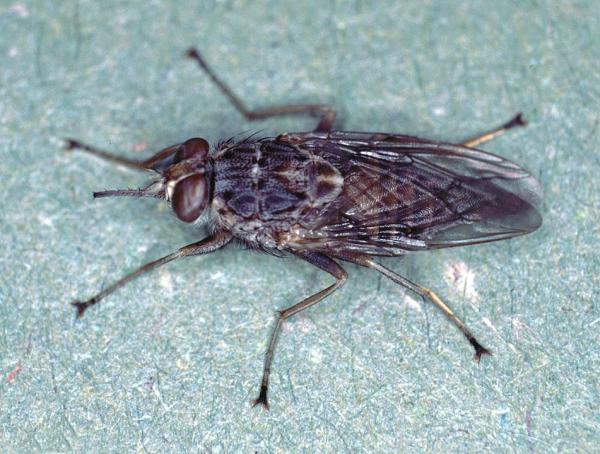Within high-density lipids are proteins, apolipoproteins to be exact, that bind to fats to aid transport and assist in metabolism. One of them, apolipoprotein L1 (APOL 1), is a ubiquitous but relatively minor player in fat transport. When challenged by a foreign body or perhaps even stress, it plays a significant role in our innate protection from infection by Trypanosoma brucei; you would know it as African sleeping sickness.
Variants of APOL 1 have arisen over time, and it is estimated that 40% of black individuals carry at least one of the three variants. One variant confers protection from a more concerning Trypanosoma; the other two increase the risk of chronic kidney disease and end-stage renal disease (requiring dialysis or renal transplant) several fold. These risky variants, RV APOL 1, have also been associated with hypertension, pre-eclampsia, and cardiovascular disease. More importantly, what triggers the variations is unclear though there is increasing evidence that inflammation is a trigger – as in sepsis or COVID.
The study looked at both humans and mice. Let’s first go for the high-level view and stick with the humans.
The researchers made use of participants in a long-term study, the Million Veteran Program, and two shorter-term studies involving sepsis in the ICU and hospitalized patients with COVID-19. They found an increased incidence of sepsis in patients with RV APOL 1. Moreover, rising levels of APOL 1 were associated with increasing severity of disease and dysfunction of the lining of the vessels (endothelial dysfunction), a characteristic change in sepsis and COVID-19.
The Story Told by the Mice
- APOL 1 is found throughout the lining of our vessels, especially in the lungs
- The increased expression of RV APOL 1, those riskier variants, increases the permeability of the blood vessels, a hallmark of sepsis, and increases their expression of inflammation and stickiness to other molecules.
- The increased expression of RV APOL 1 increased sepsis mortality by at least 70% in mice compared to controls without RV APOL 1. There was greater weight loss among the surviving mice than controls, suggesting high amounts of energy expended in fighting the illness. More importantly, the damage from sepsis to the lungs and kidneys was greater. The presence of RV APOL 1 increased the morbidity and mortality of sepsis.
- The variant APOL 1 cannot aid in the removal of dysfunctional mitochondria, the energy engines of our cells. As a result, the breakdown of the mitochondria spills out, like a Superfund site, resulting in more inflammation and that stickiness of other molecules that we see in sepsis and COVID-19
“In this study, we show that a RV APOL 1 genotype specific to Black people is associated with increased sepsis susceptibility."
The researchers suggest that this variant becomes more activated in the face of inflammation, whether that is due to a bacteria, virus, or another source. The resulting injury to kidneys and lungs is related to a differential effect of the variant on these tissue beds. More intriguing is the idea that the impact of RV APOL 1 on the endothelial cells may be an underlying mechanism in hypertension. Blacks are 1.5 to 2 times more likely to be hypertensive than their White counterparts.
Race is more than a social construct; it has biological implications. It is just that our definition is too coarse, failing to understand the interaction between genes and niche. The interaction of genes and their environmental niche, environmental fitness, responds to both our origins and current home. The same genetic underpinning that results in a higher incidence of sickle cell anemia, a debilitating illness, in blacks is protective against malaria. The work with APOL 1 variants suggests the protective effect against sleeping sickness has harmful consequences in a different environment.
Source: APOL 1 risk variants in individuals of African genetic ancestry drive endothelial cell defects that exacerbate sepsis Immunity DOI: 10.1016/j immune.2021.10.004




